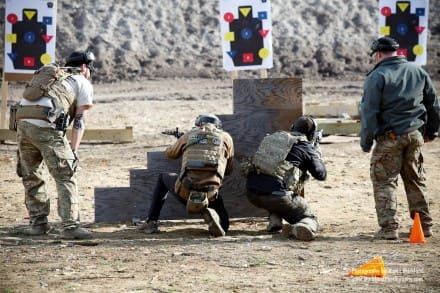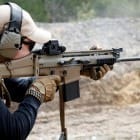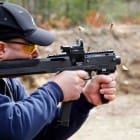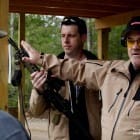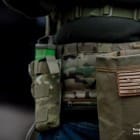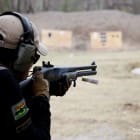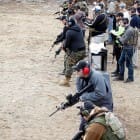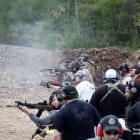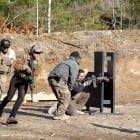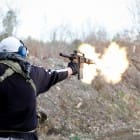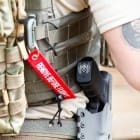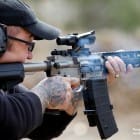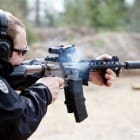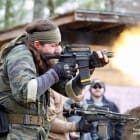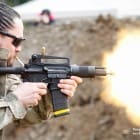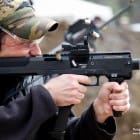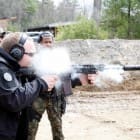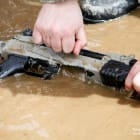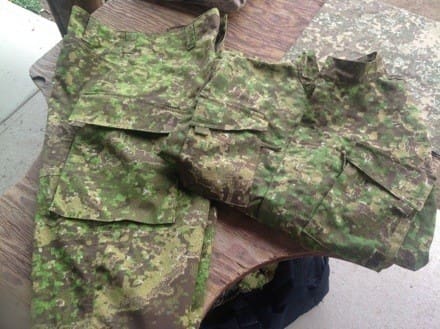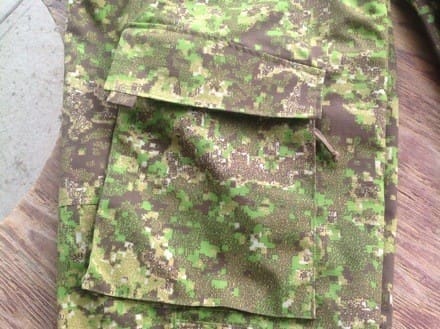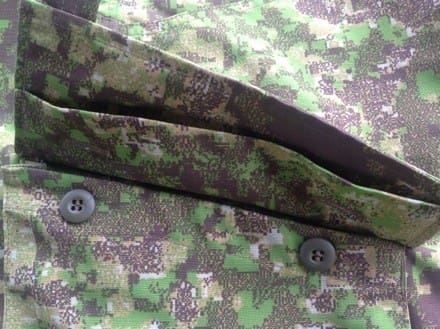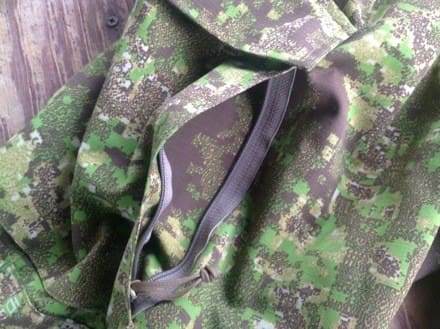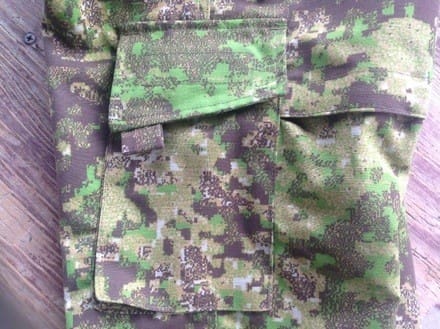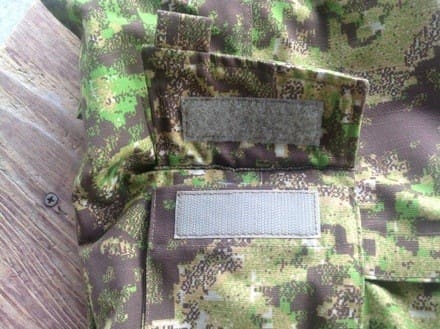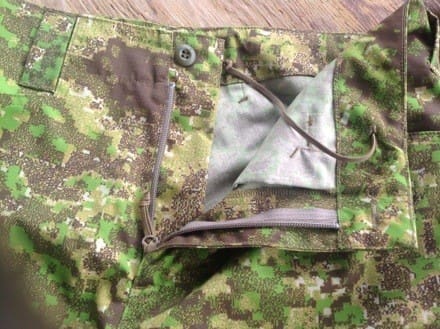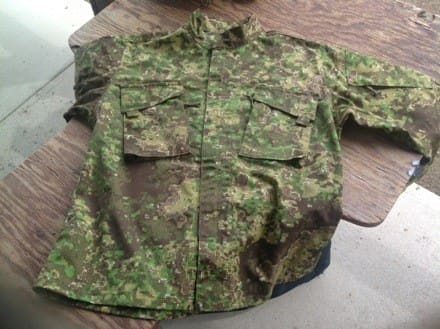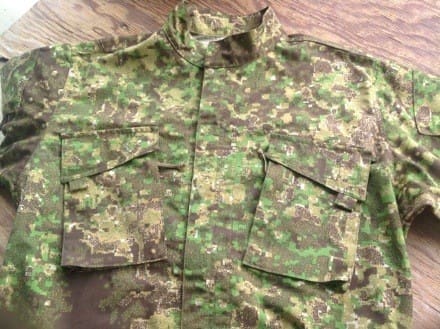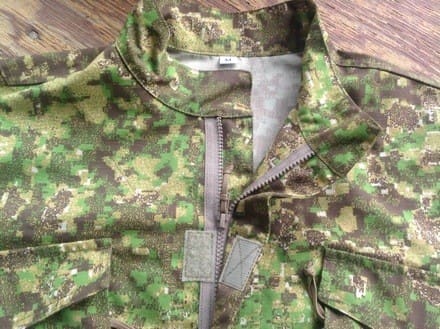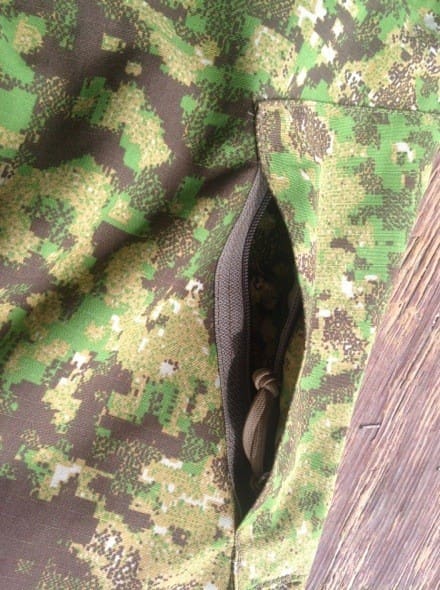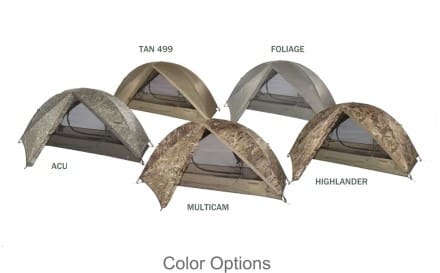Last Friday started out as a pretty bleak day for many in the Soldier Systems Industry as they began to receive letters from the Contracting Officer at Aberdeen Proving Grounds responsible for the Soldier Protection System, cancelling several portions of that solicitation.
The news spread like wildfire, first among the sub-contractors and then to their affiliates. Contractors and their subs had spent Millions of dollars and untold man hours to answer the complicated Requests for Proposals for the most ambitious Soldier Systems development program in over a decade.
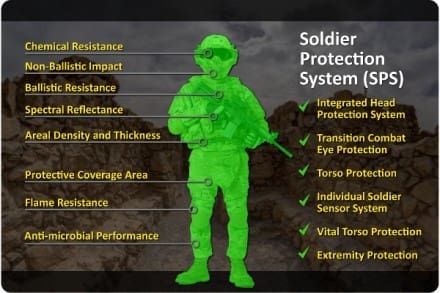
(Photo – HP White)
SPS is a multi-year program that will pit several commercial development teams against one another in several areas in order to leap capabilities ahead. Unlike past Soldier Modernization efforts that relied heavily on C4ISR development, SPS looks for real solutions for load and Soldier protection challenges. According to the Army, “the goal of the SPS is to provide Soldiers with modular, scalable and mission tailorable protection to reduce weight and increase mobility while optimizing protection.”
SPS consists of six areas; Integrated Head Protection System, Transition Combat Eye Protection, Torso Protection, Individual Soldier Sensor System, Vital Torso Protection and Extremity Protection. Recently,
Late Friday, I was able to speak with officials at PEO Soldier and they clarified what had transpired by issuing this statement:
PM SPIE cancelled Requests for Proposals for the extremity protection system (EPS) and torso protection system (TPS) portions of the Soldier Protection System (SPS). The cancellation will allow writing of new Requests for Proposals that will contain language and industry incentives to encourage greater creativity in developing protection solutions and broader industry participation in the program.
Their message? All hope is not lost, we will reissue this and we want you to participate again.
Unfortunately, the letters received from Aberdeen aren’t so hopeful. Regardless of program component, they stated:
Specifically,the Government determined that the Technical Statement of Needs (TSN) did not adequately describe the Government’s requirement and the current approach does not effectively state the Government’s goal and intent.
What the cancellation letters reveal is that the Army has changed its mind about what it wants, after asking an industry already on the ropes due to drastic cutbacks in procurements, to risk large sums of money in order to support its needs. Some who worked on the proposals have shared their concerns that now that the Army has seen what they have come up with, that it may write those concepts into a future requirement and give others a leg up. Additionally, if the Army reissues the solicitation in the future, companies that were not competitive enough to participate in this last go around will have additional time to work on a proposal. This is hardly fair to the companies who went all in. But, if the Army doesn’t recompete the requirement, there will be no chance to recoup those dollars for anyone. Times are tight. A couple more of these debacles and some companies are going to succumb to this tough market.
Army acquisition officials need to vigorously vet their requirements to ensure our troops remain the best equipped in the world but also to ensure the industry it relies upon remains healthy to support the Army in the future. Please, no more false starts or wild goose chases. The American people and industry can ill afford it.


